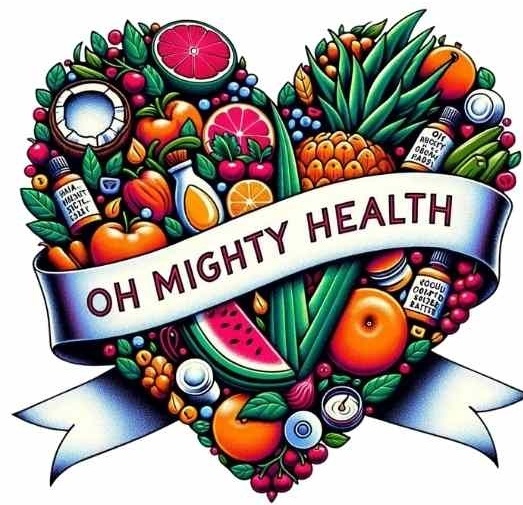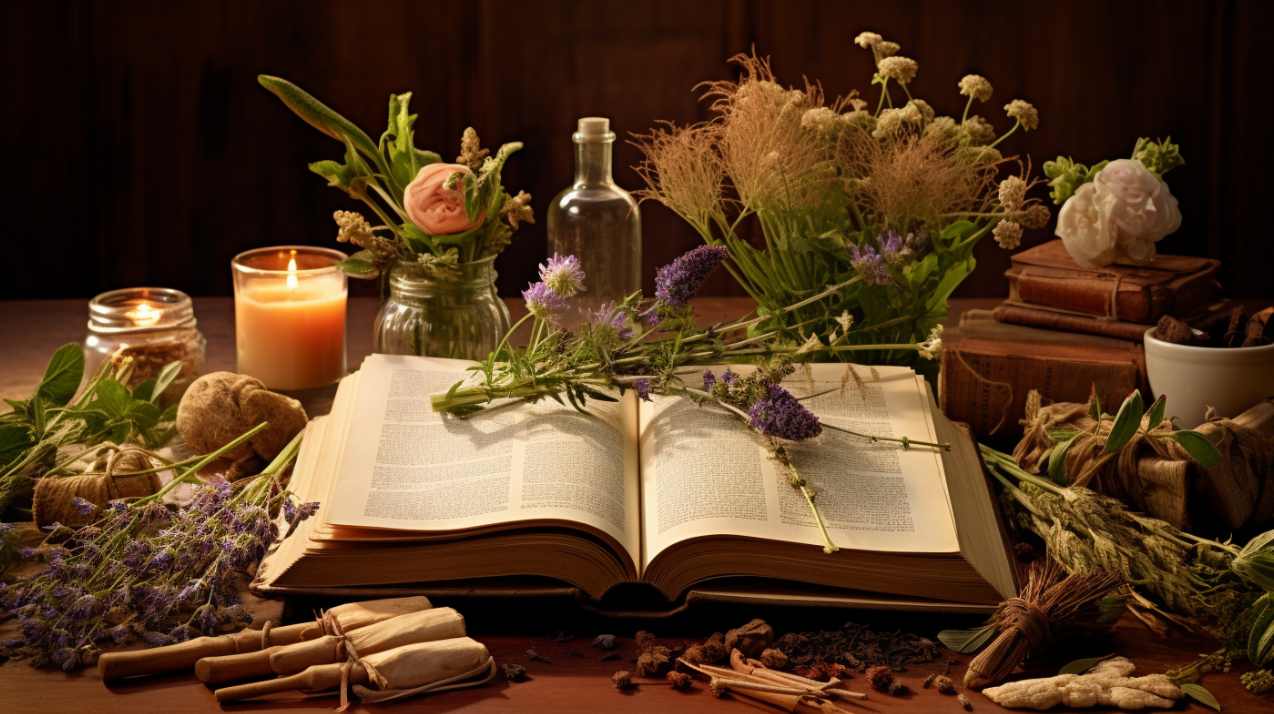Explore more in-depth insights across various aspects of natural health and beauty in our comprehensive Glossary Hub.
Glossary of Processes
- Blending: Combining multiple ingredients to create a uniform mixture, often used in skincare and cosmetic formulations.
- Cold Pressing: Extracting oils from plants without using heat to preserve nutrients and active compounds.
- Decoction: Boiling herbs in water to extract their beneficial compounds, commonly used in herbal medicine.
- Distillation: The process of purifying a liquid by heating and cooling, used in essential oil extraction.
- Emulsification: Combining oil and water-based ingredients to create a stable mixture, often used in creams and lotions.
- Evaporation: Removing liquid to concentrate a substance, commonly used in extract and tincture preparation.
- Extraction: The process of obtaining a substance from a solid or liquid, used widely in obtaining plant extracts.
- Fermentation: Enhancing ingredients’ properties through controlled microbial growth, used in skincare for probiotic benefits.
- Filtration: Removing impurities from a substance by passing it through a filter, used in purifying oils and extracts.
- Freeze-Drying: A dehydration process that preserves the composition and properties of a substance, often used for botanicals.
- Infusion: Steeping natural ingredients in oil or water to extract active compounds, commonly used for herbal oils and teas.
- Lyophilisation: Another term for freeze-drying, often used in preserving the integrity of heat-sensitive materials.
- Maceration: Soaking herbs in a liquid to extract their active ingredients, commonly used for tinctures and infused oils.
- Micronisation: Reducing the size of particles to enhance absorption or application, often used in powders for cosmetics.
- Pasteurisation: Heating a substance to kill harmful microorganisms, occasionally used in natural beauty products.
- Percolation: A method of extraction that involves passing a solvent through a permeable substance to extract compounds.
- Pressing: Applying pressure to extract juices or oils from plants and fruits, commonly used in oil extraction.
- Pulverisation: Grinding or crushing a substance into a fine powder, often used for dry herbal preparations.
- Refining: Processing substances to remove impurities or unwanted elements, used in oil and extract purification.
- Steam Distillation: Using steam to extract essential oils from plants, preserving their aromatic and therapeutic properties.
- Tincturing: Creating a tincture by dissolving a substance in alcohol, widely used in herbal medicine.
- Ultrasonic Extraction: Using ultrasonic waves to enhance the extraction of compounds from plants, a modern technique.
- Whipping: Agitating ingredients to incorporate air, often used in creating light, airy textures in creams and butters.

